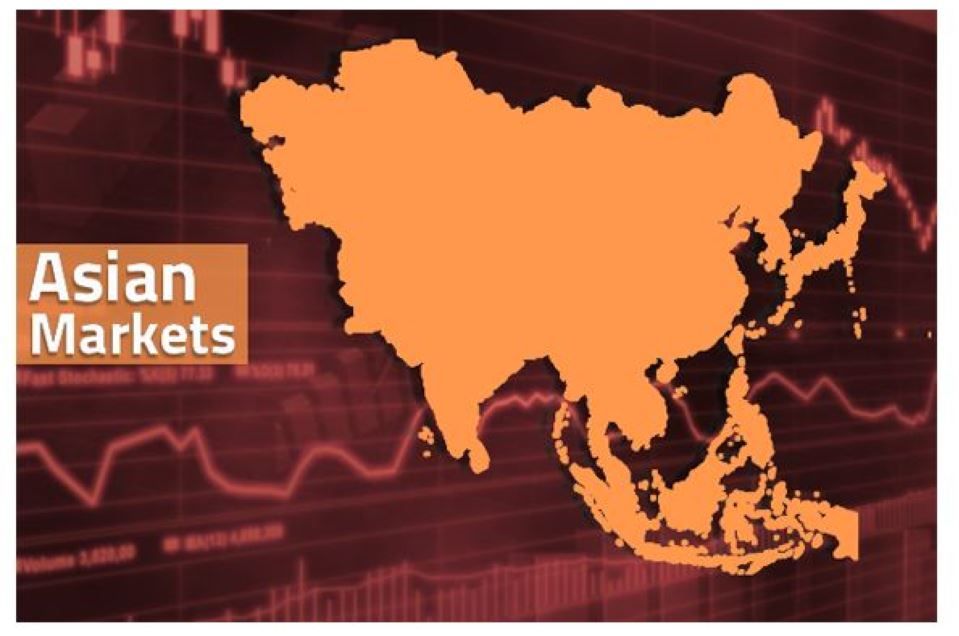Asian share markets tumbled on Monday as traders moved away from risk assets in trade-reliant emerging economies, after U.S. President Donald Trump said the reciprocal tariffs to be announced this week would essentially affect all countries.
Trump’s comments sent global markets into turmoil, fuelling concerns that tariffs would severely impact the U.S. economy and cloud the global growth outlook, raising the risks of a recession.
Most equities in emerging Asian markets slumped to multi-month lows on the final trading day of the quarter, although major markets in Southeast Asia – Indonesia, Malaysia, and Singapore – were closed for a public holiday.
“A range of Asian countries will face the challenge of reciprocal tariffs, with Vietnam and Thailand among the most vulnerable,” said Ma Tieying, a senior economist at DBS.
South Korea was most vulnerable to automobile tariffs, Tieying said, adding that Malaysia and Singapore were susceptible to semiconductor and pharmaceutical tariffs, respectively.
South Korea’s KOSPI slumped 2.8% to its lowest levels since early February, marking its third consecutive session in the red.
Taiwan’s benchmark index declined 3.5% to its weakest point in nearly eight months, while its dollar weakened 0.4% to its lowest point since March 2016.
Taiwan is one of the “Dirty 15” countries that have the highest trade surpluses with the United States and stands exposed to U.S. tariffs through the export of its high-tech products such as semiconductors. Thailand’s benchmark tumbled to its lowest point since April 2020 in early trade, dragged lower by banks and industrials.
Trading resumed after being halted on Friday following tremors from an earthquake in Myanmar that were felt in Bangkok.
MSCI’s broadest index of Asia-Pacific shares outside Japan shed 1.6%, while a gauge of Asian emerging market equities plumbed 1.8% to a near three-week low.
Most Southeast Asian currencies crept higher against the dollar as a safety flight to U.S. Treasuries pressured the greenback.
Though most regional currencies seem to be exiting the first quarter relatively unburned through all the tariff frenzy, analysts at MUFG expect the upcoming three months will not be the same.
“We expect an overall depreciation of Asian currencies against the dollar in Q2,” analysts at MUFG wrote.
“However, with different degrees of exposures to tariffs, and country specific factors, some currency would weaken more than others.”
The Thai baht, the Philippine peso and the Singapore dollar saw slight gains against the U.S. dollar on the day.
All three currencies were on track to end the March quarter stronger against the greenback.
Markets in Indonesia, Singapore, Malaysia, and India were closed for a public holiday.
HIGHLIGHTS:
** Delta Electronics Thailand down 5.1%, Bank Central Asia slips
** Mexican peso weakens 0.5% in fifth consecutive loss session
** Myanmar quake death toll hits 1,700 as aid scramble intensifies
** CK Hutchison shares fall after likely ports deal signing delay – Reuters


